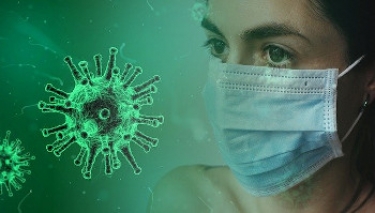The news that Google and Apple will pool their technology talent to develop technology that will do contact tracing has led to claims that it would help countries to lift lockdowns that have been imposed to curb the spread of COVID-19.
But Jason Bay, the product lead for TraceTogether, an app that Singapore open-sourced last month, warned against such expectations.
He said with all the excitement that surrounded the use of tech for contact tracing, he felt compelled to republish a portion of the policy brief and white paper that accompanied the open-sourcing of the app.
|
|
"Not now and, even with the benefit of AI/ML and — God forbid — blockchain ? (throw whatever buzzword you want), not for the foreseeable future."
Heritage media is pushing the lie that the proposed Bluetooth contact tracing app will let Australia out of #coronavirus lockdown faster.
— ???? ???????? (@natecochrane) April 14, 2020
TL;DR it won’t.
But installing it means enabling #malware on your phone. #auspol https://t.co/YdEOjvDO0g
He pointed out that there were critical factors (like ventilation) that a completely automated system would not be able to access.
"You cannot 'big data' your way out of a 'no data' situation. Period," Bay emphasised.
"Any attempt to believe otherwise, is an exercise in hubris, and technology triumphalism. There are lives at stake. False positives and false negatives have real-life (and death) consequences. We use TraceTogether to supplement contact tracing – not replace it.
"One thing that sets TraceTogether apart from most private efforts to build a Bluetooth contact tracer, is that we have been working closely with the public health authorities from day 1. Theory is theory. Application and execution is something else entirely. The team has shadowed actual real-life contact tracers in order to empathise with their challenges."
After detailing his reasons why technology alone could not be successful in contact tracing, Bay pointed out that Singapore's experience suggested "that contact tracing should remain a human-fronted process".
"Singapore’s contact tracers are on the frontline of the fight against COVID-19; they are able to do this because they incorporate multiple sources of information, demonstrate sensitivity in their conversations with Singaporeans who have had probable exposure to SARS-CoV-2, and help to minimise unnecessary anxiety and unproductive panic," he stressed.
"These are considerations that an automated algorithm may have difficulty explaining to worried users."











































